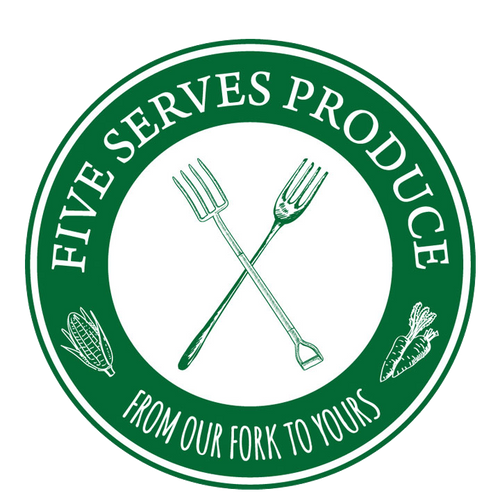Learn About Our Farm Tours and Seasonal Recipe Ideas for Your Veggie Box
What is a farm tour? Our farm tours offer a chance to see vegetables growing on a couple of acres, in 30-50m long beds. We explain how we supply our community with vegetables year round, and all the things that impact this. These include weather, variety selection, staffing, customer preferences, soil and many others. It is a chance to ask questions directly of a veggie farmer, and to buy some of our wonderful produce. Why come to a farm tour? If you already get our boxes it is a chance to see your vegetables growing. If you grow your own veggies you may learn some new tips and tricks. It is also hard to understand the scale of a veggie farm until you visit one. There is a lot to learn on a tour, including the science behind veggie growing, and the highly-skilled labour required to run and work on a farm. Structure of our tours We start by welcoming everyone and go for an easy walk around the farm for about an hour, looking at the vegetables, the tools and chatting about growing methods. It is informal and people can ask questions along the way. We finish off with a cup of tea and a piece of cake and the chance to buy some freshly harvested vegetables from the farm, or sign up for a subscription if you are interested. Still to come Next time I will talk about weed control in the form of stale seed bedding. This week's recipe links Tokyo Bekana Stir Fry from Caney Fork Farms. Sweet Cucumber Relish from Serious Eats. Bursty Tomato Burrata Salad from Recipe Tin Eats. Eggplant Jam from The Eating Emporium. More info To read more about what's happening on our local organic farm this week as we grow and care for veggies for our box delivery, check out this week's newsletter here.
